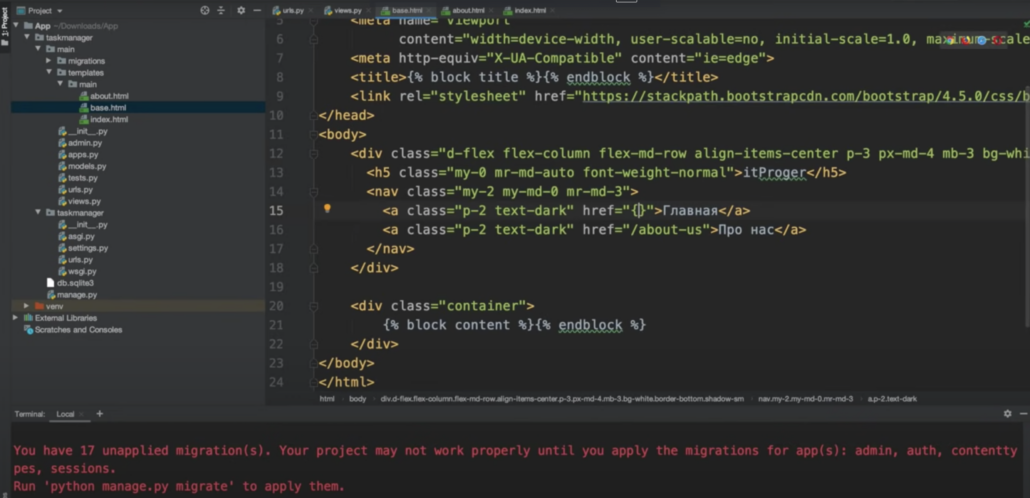In the realm of web development, maintaining a balance between security, flexibility, and manageability is a constant challenge. Enter the world of Django environment variables, a pivotal aspect of modern web application configuration. In this comprehensive guide, we unravel the intricacies of managing your Django project’s environment variables, paving the way for a seamless, secure, and adaptable development journey.
Understanding Django Environment Variables
At the core of any sophisticated web application lies its configuration. Django environment variables, often referred to as the secret ingredients, play a vital role in customizing the behavior of your application.

These variables provide a versatile means to store sensitive information, adjust application settings, and maintain a clear separation between your codebase and configuration specifics.
Introducing Django Environment Variables
Django env variables are not mere buzzwords; they represent the gateway to a dynamic configuration management paradigm. By employing these variables, you enable your application to adapt to various environments seamlessly. From development and testing to staging and production, your app marches forward with consistency and resilience.
Setting the Stage: Creating Your .env File
Your journey through Django environment variables begins with the creation of a .env file. This unassuming configuration treasure trove houses key-value pairs that fuel your application’s adaptability. From API keys to database credentials, each entry is a piece of the puzzle that contributes to your app’s successful deployment.
Leveraging Python-Decouple
Unlock the true potential of Django environment variables with the Python-Decouple library. This powerful tool empowers you to extract values from your .env file with elegant simplicity. By integrating this library, you ensure your sensitive information remains concealed while allowing your codebase to bask in a world of modularity and readability.
Fortifying Security: Safeguarding Your Application
Shielding Sensitive Data
In the digital age, safeguarding sensitive information is paramount. Django environment variables offer an elegant solution by keeping your confidential data separate from your codebase. This approach minimizes the risk of exposure and fortifies your application’s defenses against potential security breaches.
Best Practices for Managing Environment Variables
Mastery over Django environment variables comes with responsibility. Implement best practices to ensure a smooth and secure experience. From version control precautions to employing encryption methods, each step taken further solidifies the protection of your application’s sensitive information.
Conclusion
As the curtains draw on our exploration of Django environment variables, you now possess a profound understanding of their role in the realm of web development. These unassuming lines of configuration code hold the power to transform your application’s behavior, adaptability, and security.
By embracing the synergy between your codebase and these variables, you embark on a journey where adaptability and security harmoniously coexist.
As you continue to navigate the ever-evolving landscape of web development, remember that mastering Django environment variables is not just about configuring your application – it’s about empowering your code with the ability to flourish in diverse environments while upholding the highest standards of security.

